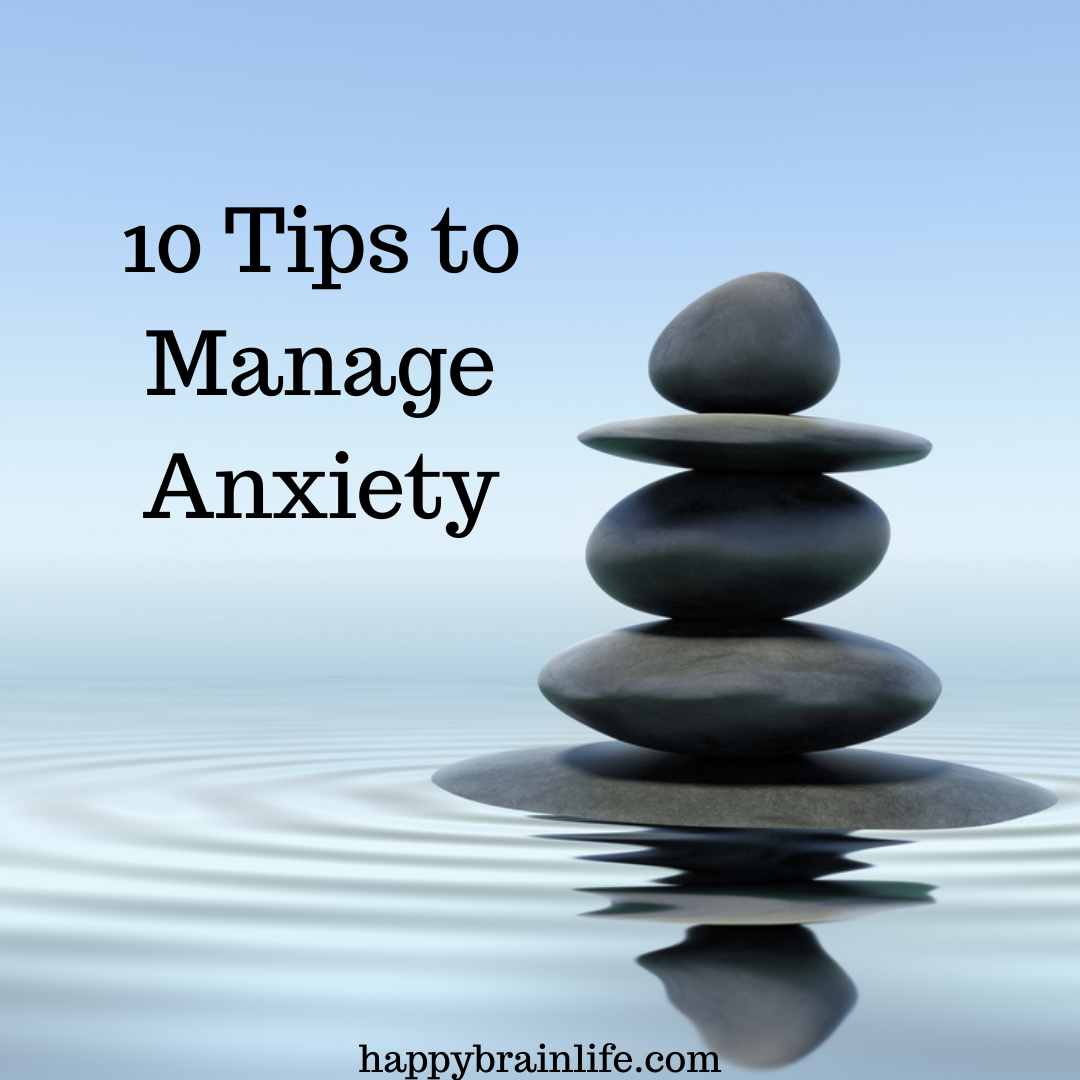3 Steps to Working with Your Anger
What happens when you get angry?
Are you comfortable feeling your anger and expressing it in healthy ways?
For the longest time I wasn’t, but it’s something I’ve been working on.
In my family growing up, I didn’t feel safe to express my anger, and I saw the pain and hurt that other people’s out-of-control anger could cause.
Like most heart centered women with high empathy, I would prefer that anger not exist :)
But I’m learning that anger actually is important.
Anger helps us create and maintain boundaries.
Anger gives us important information - we just have to listen.
Here are three steps for becoming friends with your anger:
1. Acknowledge your anger. Notice when you are feeling angry. Don’t immediately try to shut it down, repress it, make it go away. Just notice and name it: “I’m feeling angry right now.”
2. Allow your anger. Get curious about what the vibration of anger feels like in your body. Where do you feel it? What are the sensations? Does it have a size, color, texture, temperature, tempo (fast or slow)?
We all experience emotions in our own unique way. What is your body’s unique way of experiencing anger?
3. Express your anger. Writing down your angry thoughts can be super helpful. Just get it all out. Maybe write a letter (that you won’t send) to someone or something you’re angry about. Then, if you want, you can burn, shred, compost, or delete it - whatever feels best!
Talking to a friend, coach, or therapist who can hold a safe space for you to freely express all your angry thoughts and feelings can also be very helpful, especially if anger brings up fear for you.
When we make friends with our anger it becomes one of our superpowers.
What is a way of expressing anger that you find helpful?
Love,
Liz
P.S. I’m a life coach for heart centered women. I can help you become as good a friend to yourself as you are to everyone else. Email me at liz@happybrainlife.com to set up a free discovery call.


